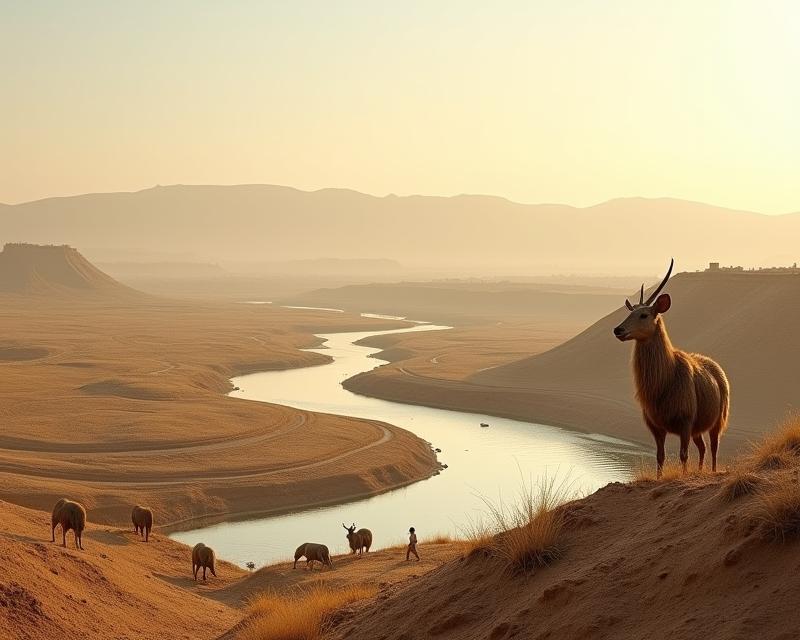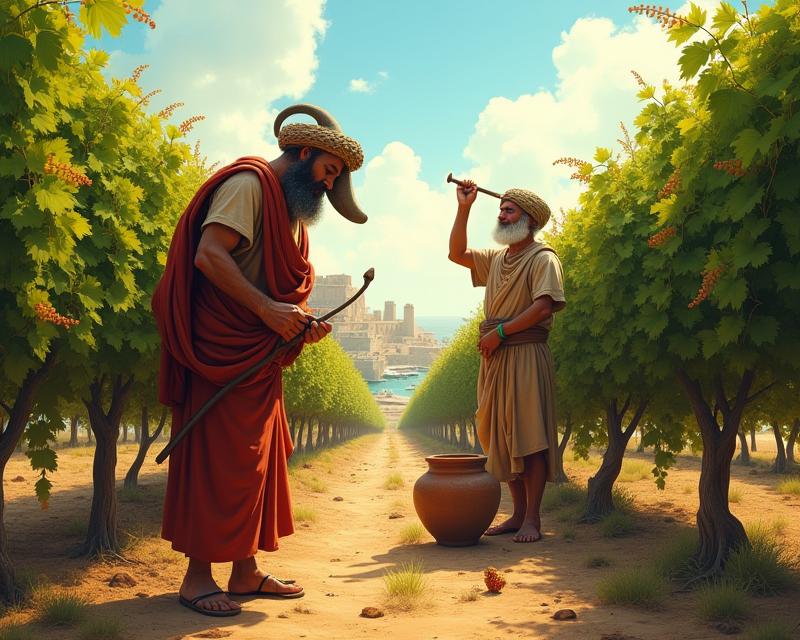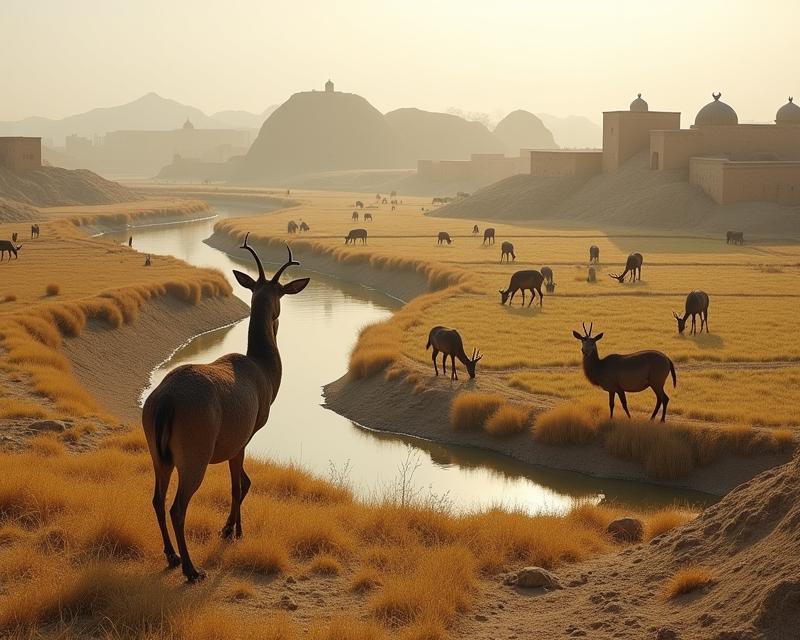Mesopotamia: Cradle of Agriculture
Publish in Agriculture el 21/07/2025 20:35
Mesopotamia: The Dawn of Farming
Have you ever stopped to think about where farming *really* began? While many cultures independently developed agriculture, the Fertile Crescent – a region encompassing modern-day Iraq, Syria, Turkey, Lebanon, and parts of Iran and Egypt – is widely considered the birthplace of farming. For thousands of years, this area flourished due to its rich soil and abundant water, setting the stage for civilization as we know it.

The Gift of the Tigris and Euphrates
The key to Mesopotamia's agricultural success lay in the Tigris and Euphrates rivers. These rivers provided a consistent source of water, essential for growing crops. However, the rivers were also unpredictable, prone to flooding. Early Mesopotamians developed ingenious irrigation systems to manage the water – canals, dikes, and reservoirs – allowing them to control the flow and distribute water to their fields. This wasn't just about getting water to the crops; it was about creating a reliable system for food production, a game-changer for human societies.
Early Grain Cultivation
The earliest evidence of grain cultivation in Mesopotamia dates back to around 10,000 years ago. Emmer wheat and barley were the primary crops, providing a staple food source. Archaeological digs have unearthed tools like sickles and grinding stones, demonstrating the methods used to harvest and process these grains. The ability to cultivate and store grains allowed communities to grow, specialize in other skills, and build more complex societies. Think about it – the very foundation of our modern food system can be traced back to these early farmers!
A Legacy of Innovation
The innovations developed in Mesopotamia didn't stay confined to the region. Knowledge of irrigation, crop cultivation, and agricultural techniques spread to other parts of the world, influencing farming practices for centuries. The development of agriculture in Mesopotamia wasn't just about growing food; it was about creating a sustainable way of life, laying the groundwork for cities, empires, and the development of complex social structures. As farmers today, understanding this history can give us a deeper appreciation for the challenges and triumphs of agriculture and inspire us to continue innovating for a more sustainable future.





